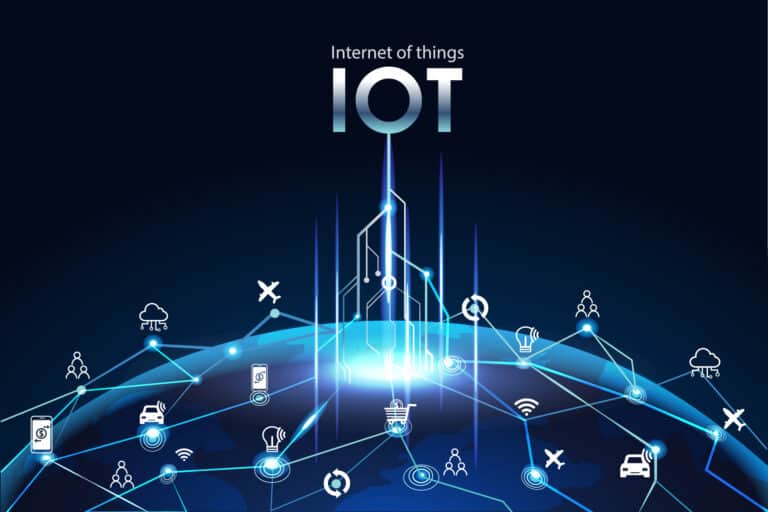Microsoft sowed confusion last week by seemingly announcing the end of Azure IoT Central. However, the supposed confirmation, sent as a system message in the Azure console, turns out to be incorrect. Instead, Microsoft emphasizes that it sees IoT as crucial within its own portfolio.
The system message in question stated that support for Azure IoT Central would cease as of March 31, 2027. This announcement came suddenly and was unveiled in a rather unorthodox manner; after all, a Microsoft blog or another official webpage would usually present similar news.
Azure IoT Central is used to monitor IoT projects. Along with services such as Azure IoT Operations and Azure IoT Hub, it forms Microsoft’s offering that connects IoT to its own cloud services. Locally it is mostly reliant on Windows for IoT, which offers LTS but requires payment as opposed to free Linux alternatives.
The news, initially picked up by The Register, forced Microsoft to respond. On Feb. 16, the company adamantly denied that there would be an end to Azure IoT Central. The message in question was inaccurate, with Microsoft adding that an official announcement is not imminent. On the contrary, “We see our IoT product portfolio as a key part of the adaptive cloud approach,” said a Microsoft spokesperson.
Dependence on large parties dangerous
Despite this reassurance, not all customers are convinced. The user who initially encountered the error message argues that their organization has lost a significant amount of confidence in the IoT platform as a result. “To be honest, the error message seems to be very specific and does not really look like an accident.”
A similar IoT cloud abandonment has occurred before. IBM announced in 2018 that its Watson IoT Platform would be discontinued, which shut down completely as of Dec. 1, 2023. This was followed in 2022 by Google Cloud, which ended its IoT Core service.
Notably, at the time, Google said it found that customers were better served by specialized IoT parties. It raises the question of whether AWS will also discontinue its IoT Core offering (and Microsoft eventually will, too).
Small but stable
Since IoT applications typically assume longer lifecycles, the service’s alleged discontinuation was a good rationale for experts to stress the importance of reliable partners. For example, CEO Pieter-Paulus Vertongen of Belgium-based Aaltra argued that this development highlights the usefulness of a standardized IoT architecture. That usually means a reliance on Linux and various interoperable suppliers of sensors and other IoT devices. IT consultant Massimo Pezzini claims that the number of customers who depend on Azure IoT Central is presumably small. He too notes that small IoT specialists seem to be more reliable than a “mega-vendor.”
That will become increasingly important as IoT data can be better utilized with AI. Measurements from IoT sensors can provide significant efficiency gains, but the question is how to store such data. Sending everything to the cloud quickly becomes pricey, leading several vendors to argue for an intermediate step. For example, AMD recently unveiled new Ryzen embedded chips that capitalize on “industrial mega-trends” such as automation and AI. This hardware can process data locally and make it suitable for transfers to the cloud or elsewhere on-prem, making data more compact and more usable for optimization and other purposes. Again, AMD emphasizes the long life cycle associated with OT and IoT, as the latest chips will remain in production for seven years.
Also read: AMD responds to ‘industrial mega-trends’ with powerful embedded chips
